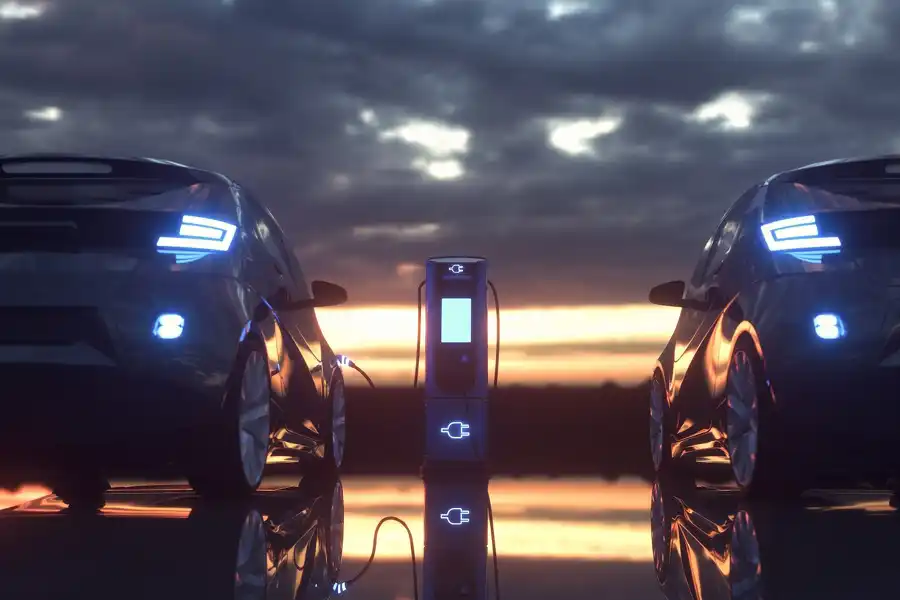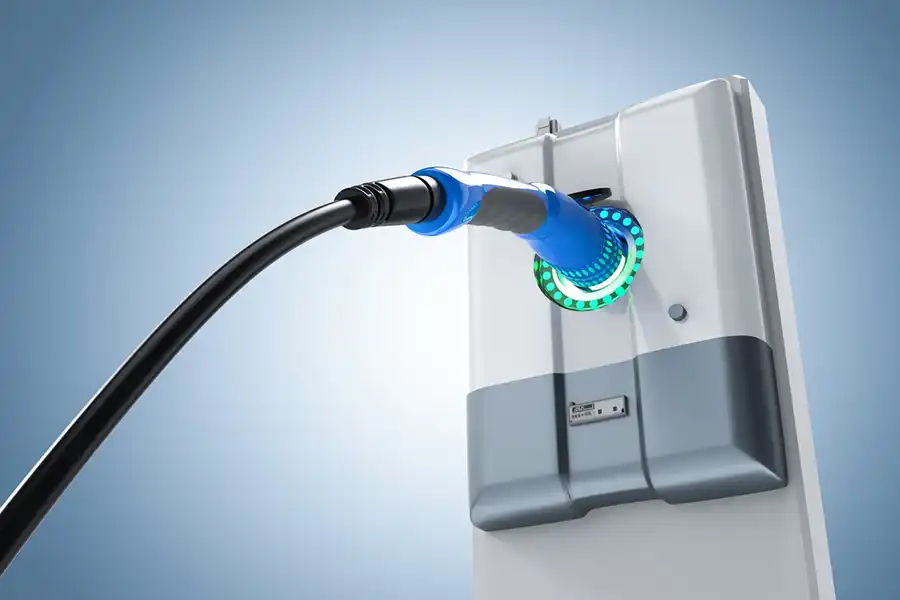Boosting Employee Satisfaction and Retention
In today’s fast-paced world, having sustainable energy solutions at the workplace is becoming a priority. Installing charging stations for electric vehicles (EVs) is a forward-thinking approach that benefits both businesses and their staff members. This shift towards green infrastructure not only supports environmental goals but also enhances employee satisfaction and retention rates. Companies that embrace this technology show commitment to sustainability and employee welfare.
The Impact on Workplace Morale

Providing EV charger installation can significantly boost workplace morale. Employees appreciate when their employers make efforts to accommodate modern needs. Offering charging stations indicates that a company values its employees’ convenience and time. This small gesture can create a more positive work environment, reducing stress related to commuting and enhancing overall job satisfaction.
Attracting Top Talent
Companies looking to attract top talent should consider the advantages of implementing EV charger installation in their parking facilities. Many professionals prioritize working for companies that are environmentally conscious. The presence of EV chargers shows potential hires that the company is innovative and forward-thinking. It reflects positively on the corporate culture and can be a deciding factor for candidates considering job offers.
Enhancing Employee Productivity
When employees have access to convenient amenities like EV chargers, they tend to be more productive. Knowing that their car will be charged by the end of the workday allows them to focus on tasks without worrying about running errands during lunch breaks or after hours. In fact, such installations help in maximizing work hours and minimizing distractions.
Reducing Carbon Footprint

The installation of EV chargers directly contributes to reducing a company’s carbon footprint. Encouraging staff to switch from gasoline vehicles to electric ones supports larger environmental goals. As more employees opt for electric vehicles, the reduction in emissions becomes significant. This is a step towards achieving sustainability targets and promoting cleaner air quality around office premises.
Financial Benefits
Besides improving employee satisfaction, there are financial incentives for businesses that install EV chargers. Various state and federal programs offer tax credits and rebates for such initiatives. These financial perks can offset installation costs and provide long-term savings. Additionally, some companies find it profitable to charge users a nominal fee for using the chargers, creating an additional revenue stream.
Steps to Implement Charging Stations
If you’re considering installing EV chargers at your workplace, follow these simple steps:
- Evaluate the current parking facilities and determine the best locations for installations.
- Research different types of chargers available and select ones that fit your company’s needs.
- Consult with experts to understand technical requirements and obtain necessary permits.
- Create policies regarding usage and communicate them clearly to all employees.
- Regularly maintain the chargers to ensure they operate efficiently and reliably.
Long-Term Maintenance Considerations
After installation, it’s crucial to plan for regular maintenance of the chargers. This ensures that they remain in excellent working condition and serve the staff efficiently over time. Scheduling routine checks minimizes downtime and prevents unexpected malfunctions. Investing in reliable customer support from your service provider can also help address any issues promptly.
Call Us for Expert Advice
Are you ready to transform your business into an eco-friendly hub? Our team at Quantum Beam Solar Systems is here to guide you through every step of the process. We specialize in seamless installations tailored to your needs. Reach out today at (562)589-5038 for expert advice. Based in Downey, CA, we pride ourselves on providing unmatched service and support throughout your journey toward sustainability.
